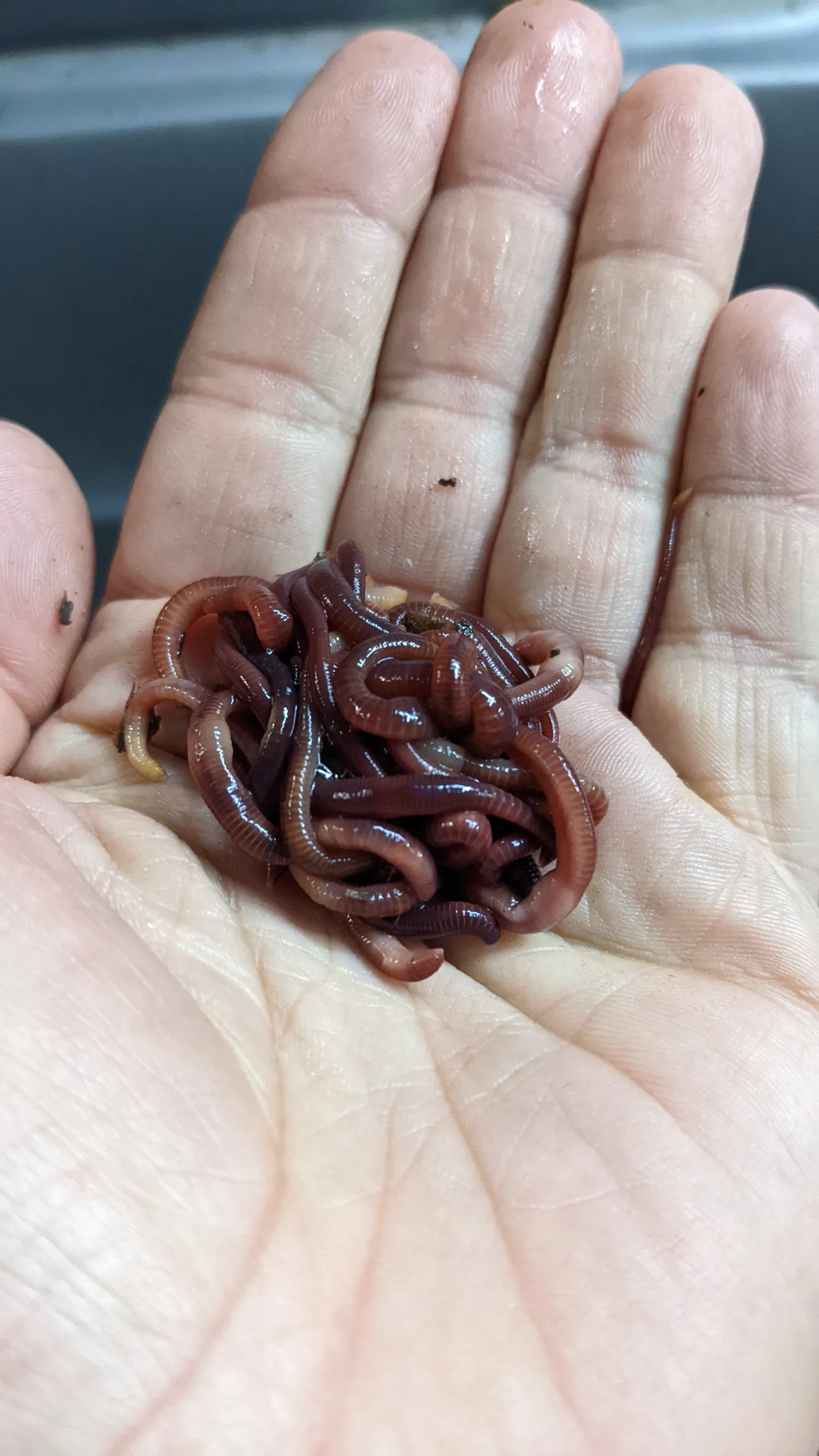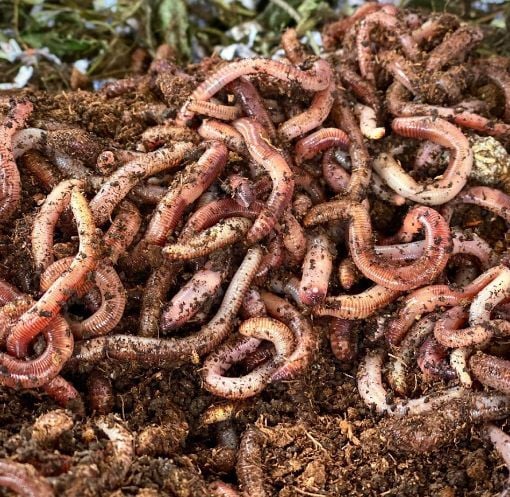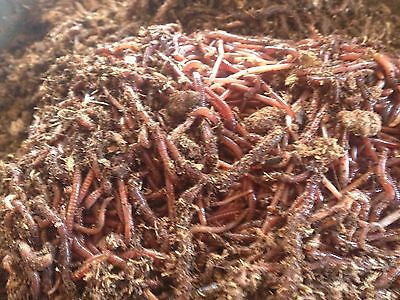How Red Wiggler Express can Save You Time, Stress, and Money.
How Red Wiggler Express can Save You Time, Stress, and Money.
Blog Article
What Does Red Wiggler Express Do?
Table of ContentsThe Buzz on Red Wiggler ExpressRumored Buzz on Red Wiggler ExpressExcitement About Red Wiggler ExpressThe 8-Minute Rule for Red Wiggler ExpressOur Red Wiggler Express PDFs
And the growing Red Worm populace? Even in the heap that was established up directly in front of yard composters with existing Red Worm colonies.
Several ranges, consisting of Red Wigglers, European Nightcrawlers, and Lumbricus types were brought over from the European continent. Here's the thingNative or not - and as gifted as they are at being able to survive in a wide-range of settings and problems -. Simply put, they are even more most likely to hang around in any type of active composting systems you have established up, than they are to wander off and start messing up the environment.
Origins call for oxygen for respiration and depend on smooth air flow within the soil to flourish. When it rains, dirt can become saturated with water, minimizing the oxygen offered and impeding vitamins and mineral absorption. To maintain an ideal equilibrium, the dirt should enable water to drain pipes sufficiently, leaving sufficient area for air to sustain root wellness
10 Easy Facts About Red Wiggler Express Described

When it pertains to worms for composting, what enters your mind? If you were an earthworm dog breeder, dealership, or simple gardener, after that you would certainly know that red wiggler worms are the suitable worms for vermicomposting. To get more information regarding these planet marvels, checked out several of the red worm facts below.
(https://jobs.employabilitydallas.org/employers/3404792-red-wiggler-express)Yet if they extend their bodies, you'll have the ability to see the red stripes on their skin. When elevating worms such as red wiggler worms, you need to have the ability to understand just how to profit them. When you have the ability to preserve and care for their habitat well, and also feed them the best kinds of organic wastes, then they'll be able to create nutrient-packed and quality-rich worm castings for you (additionally referred to as worm poop or compost).
The Basic Principles Of Red Wiggler Express
What do worms consume? Well, these red wriggler worms can be fed with kitchen area scraps and garden wastes. So, any type of decaying natural things will do like veggie and fruit peels, smashed egg shells, utilized tea bags, coffee grounds, lawn cuttings, dry leaves, and others. However make certain not to feed them foods that are oily, citrusy, or has meat or dairy in them. Red Wigglers For Bait.

This habits makes them well-suited permanently in worm bins, garden compost stacks, and other restricted areas where natural waste is abundant. Producing an optimum setting for red wigglers calls for a thoughtful technique. Think about the following crucial aspects to look after red wigglers at home and guarantee their health: Utilize a bed linens of shredded newspaper or cardboard.

Red wiggler worms duplicate by laying little, lemon-shaped eggs in protective cocoons. These cocoons are generally transferred in the bedding and hatch into child worms within a couple of weeks.
How Red Wiggler Express can Save You Time, Stress, and Money.
Their versatility and resilience have made them a popular option for vermicomposting in various areas around the globe. Yes! They can survive from a variety of 32F to 90F. They are incredibly adaptable animals. Consider protective actions for really severe temperatures such as: Insulating the worm bin with layers of straw or leaves.

When taking treatment of your red wigglers it is essential to keep in mind to: 1) K.I.S.S (Keep it Simple) and 2) whatever in moderation. These rules apply to feeding your compost worms, watering your worm bins, and simply about every little thing else associated with looking after them. Just bear in mind - you can constantly add more food later on (however it's tough to remove feed once it's been included to a bin!).
Due to the fact that I fed the red wigglers and garden compost worms also much, they weren't able to keep up and over time the older food went leftover and developed anaerobic conditions that eliminated the worms. Right here're the 6 gold rules for how usually and how much to feed your worms: Regulation # 1: Moderation!
An Unbiased View of Red Wiggler Express
Uneaten food will certainly lead to anaerobic problems that will eliminate your real-time worms. Rule # 6: After the first feeding, feed the worms 1/3 to 1/2 of their weight.
Report this page